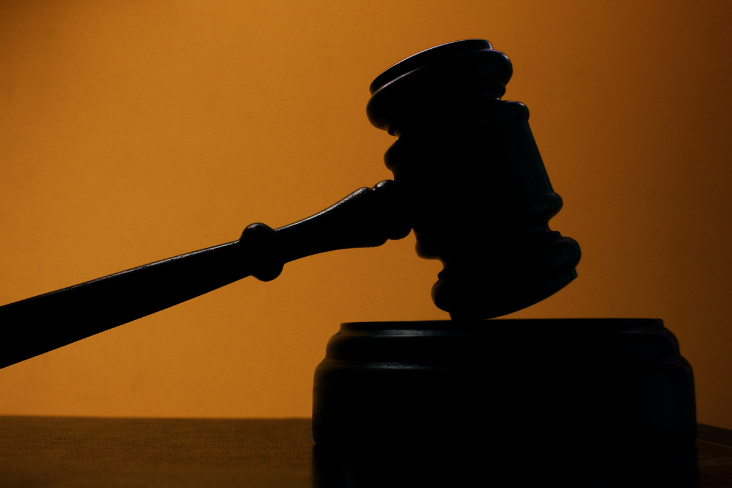South Africa’s genocide case against Israel explained
1 February, 2024
Interviews by Jessica Hopkins and Nicholas Lindstrom, adapted by Sofia Roger Williams
In December 2023, South Africa brought a case to the International Court of Justice (ICJ) accusing Israel of committing genocide against the Palestinian people, breaching the 1948 Genocide Convention, which Israel signed.
On 26 January 2024, the ICJ released an interim ruling that Israel must take all measures to prevent genocide and allow essential services and humanitarian aid to enter the Gaza Strip.
After a two-day preliminary hearing, the court agreed almost unanimously that South Africa made a plausible case demonstrating Israel has displayed intent to execute genocide.
Across 84 pages, South Africa detailed a historical account of Israel’s long-standing occupation of Palestine, the destruction of homes and essential health services in occupied Palestinian territories, and a complete blockade of food, water, and medical aid to Gaza.
It also highlighted that since 7 October, when Hamas fighters stormed communities along Israel's southern fence with Gaza killing at least 1,139 Israelis, more than 25,000 Palestinians have been killed in Israel’s retaliatory attacks.
Lawyer and political advocacy expert, Dr Max Harris, told 95bFM’s The Wire he believes South Africa presented a “powerful” and “factual case”.
“[South Africa] produced some really strong evidence of destruction on the ground, for example, making the point that Gaza now looks like a different colour from space.”
Palestine Solidarity Network Aotearoa chair, John Minto, told The Wire that the ICJ’s interim ruling is a step towards accountability for Israel and justice for Palestinians.
“The world knows what’s going on here. We know there’s a genocide happening, irrespective of the fact that heaps are denying it and Western countries are providing cover for it.”
South Africa also cited quotes from Israeli Prime Minister Benjamin Netanyahu and other officials as evidence of genocidal intent.
“These are damning statements which essentially say there are no innocents in Gaza and that Palestinian people as a whole are responsible for the attack on Israel.”
In its defence, Israel claimed the quotes South Africa used as evidence of genocidal intent were taken out of context.
Israel’s defence centred around the Hamas attack on 7 October 2023 and claimed they were exercising their right to self-defence in international law.
“They did not have a defence for the fact that their politicians were essentially calling for the genocide in Gaza,” said Minto.
“They were just trying to deflect and shift the blame onto Hamas.”
While the court did not call for a ceasefire, Associate Professor of Law at the University of Auckland, Treasa Dunworth, told The Wire that the court only has the authority to enforce the Genocide Convention.
“Israel’s obligations don’t arise from the court's ruling, they arise from the fact that Israel is a state party to the Genocide Convention.”
In its interim order, the court required Israel to report back in one month on how they are meeting the provisions of the genocide convention. Then, South Africa will be allowed to respond.
Moving forward, the court will proceed with a full hearing and ultimately render a verdict on the seminal question: Is Israel guilty of the crime of genocide in Gaza?
There will be opportunities for other states to make statements at the ICJ in support or against South Africa’s case.
As the case progresses, Harris says there will be significant political pressure on not only Israel but all states that have supported it, but a final ruling on whether genocide is occurring in Gaza will likely take years.
Listen to the full interviews with John Minto and Dr Max Harris
Listen to the full interview with Treasa Dunworth
Public Interest Journalism funded through NZ On Air

 95bFM
95bFM 

